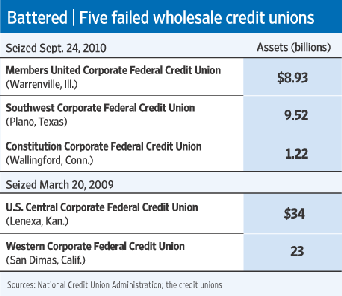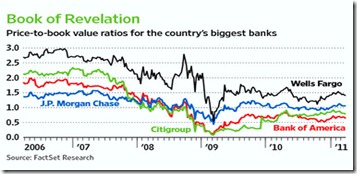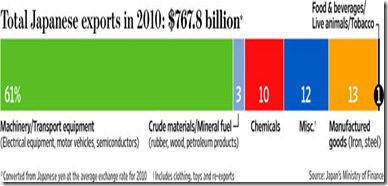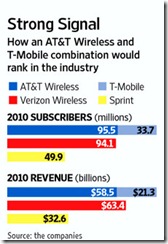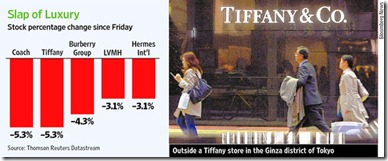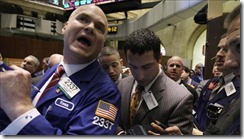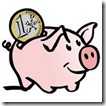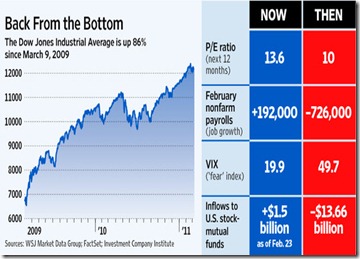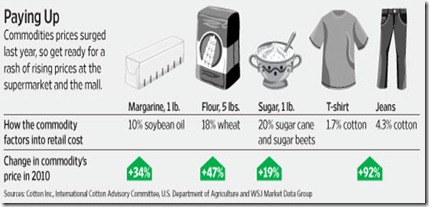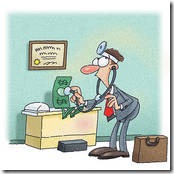
This past weekend I was finishing my taxes and in the process of looking up deductions found this piece written almost a year old hiding behind a receipt from Gus’s for a few Coney dogs and Cokes.
Some years back my family and I were driving back from a Florida vacation and happened upon a Georgia pecan stand. There were dozens of cars surrounding the open air shed and we sampled a few pecans and then bought several bags to take with us. Fifty miles up the highway we dug into them only to discover the seller had switched them for moldy pecans assuming correctly that we’d be miles down the road and unlikely to turnaround to hand out grief. It was a lesson in making sure to confirm what we bought when we bought no matter if it’s pecans or common stock.
Last week Blogger went kaput and I couldn't upload news of the week and kept getting an error message every time I tried along with a line of numbers that resembled distance to the edge of the universe and back again. It seemed I wasn’t the only one affected as there were posted messages complaining about Blogger being down and since my skills on the internet are limited to pushing the on-off switch I spent an hour digging up a phone number for Google that operates the site. I called. I waited. I waited. I waited some more and finally a nice lady answered at Google and when I explained my problem she informed me that the only way to communicate with anyone at Blogger was to write an email. I said all I wanted to know was if anyone at Blogger knew that they had a problem, was anyone planning on fixing it, could it be fixed, should I go to another blog host or was there anything wrong on my end? There was nothing she could do. Write an email.
Google, a company that make dandy products and services and oodles of dough, oddly does not have a tech number or a 1-800 help phone where idiots like me can simply call, hang on the line for 1/2 the day and find out for sure if things will ever get back to normal, or not. Blogger is a great product. But great products aside if it breaks, is down or doesn’t do what it is supposed to do it is frustrating to the bloggee, namely me.
To put things in perspective Blogger does not charge me for hosting. That they don’t doesn’t sooth the fear. I counted on Blogger to keep me up and running. Value and price are always conflicted when things go wrong. At least both were in play last week when I would have paid just about anything to get back on line and have everything back to hunky and dory. At the very least I wanted to know did anyone know of the problem and was anyone doing something about it.
I am not trying to represent The Great Georgia Pecan Swindle with Blogger being down. They are two different experiences. On the one I had choices and could have turned the family buggy around on I-75, confronted the pecan fraudster and demanded satisfaction. Cutting my losses by moving on was the most expedient decision. With the blog being down I was frustrated with absolutely no choice except to email. Yes, the next morning everything was up at Blogger and I still use it and I find it a great product/service but still feel uncertain in case something like this happens again. And, history tells me that indeed it will happen again.
I am so uneasy with this that I am contemplating moving to a blogger site that I pay for as long as I know in advance that there are people I can call if I need to. Somehow paying for peace of mind rather than being a do-it-all cowboy is important to me. For someone else it could be that free is the most important aspect and could care less about the reliability of the product. In other words if moldy pecans were being handed out for nothing some folks would think it was a great deal and stand in line to get them.
Which brings me to value and cost in the world of investing. How much is your planner or advisor worth or do you need one at all? It’s no secret that anyone and everyone can go on-line and open a brokerage account and get cheap transaction costs, a modicum of research and an 1-800 phone number in case something happens and you need to reach out. The ratio of cost to relative value is on the side of the client if all anyone wants to do is to trade, knows how to trade, understands research and can do the things that brokers do using the on-line tools. On-line trading for those with certain skills is cheap and most times quick.
On the other hand if you’re a buy and hold investor, don’t spend your life with on-line toys or software, and, most importantly, don’t know a preferred from a convertible, well, chances are you choose to work with someone who does that all day long and charges either a fee or commission.
However assume one day you call one firm or the other and no one answers, you get a voice mail message, or the lines are blocked or constantly busy, and no one returns your frantic messages; with that kind of service neither the on-line broker or your financial planner is not worth a soupcon of your business.
On-line brokerage firms puff their chests about the only real thing they have going for them and that is price. They do beat everyone in cost because that is what they do. They don’t hold hands, promise to return calls, provide in depth information or do what you’d expect to get from an independent planner or advisor. If you talk to Joe at the 1-800 number on-line firm on Tuesday odds are you’ll never talk to Joe again. There will always be another new person you will have to explain who and what you are. But, if you get the same apathetic treatment from your personal advisor then you are not getting value for your money.
The flip side is if you have an advisor or representative that provides a laundry list of services and products along with the hand holding and research don’t expect to pay them the same fee as an on-line broker.
The most remarkable thing about weighing the value to cost is that you really cannot gauge it when things are humming along and everything is swell. The time to measure is when things go boom and suddenly you need help and you need it immediately. It’s a lot like your home insurance or the government, most of the time (not lately) we don’t think too much about either but when a crisis arises we expect them to be there and handle the problem. Hopefully whomever you choose as your money managers they work out better then the political types have.
If you have questions call Paul at 877 783 7080 or write him at pstanley@westminsterfinancial.com. Share this blog with someone who cares about their money.







